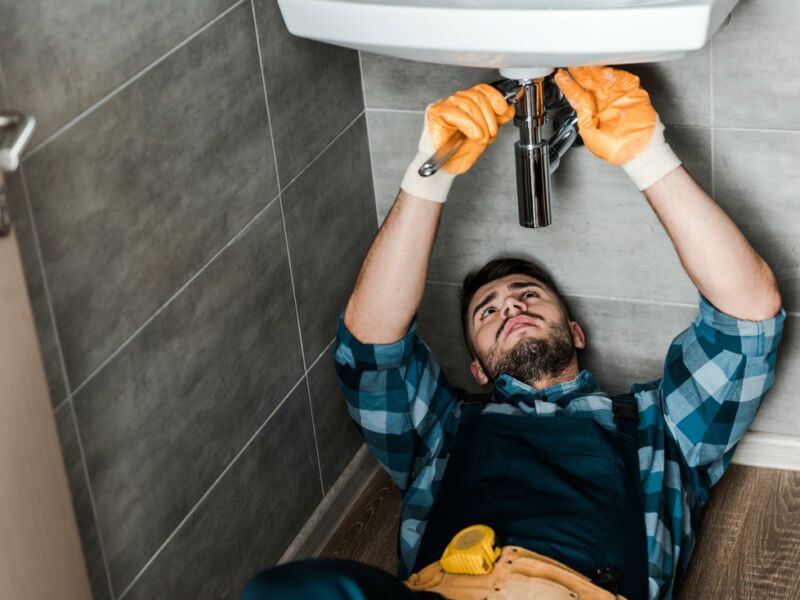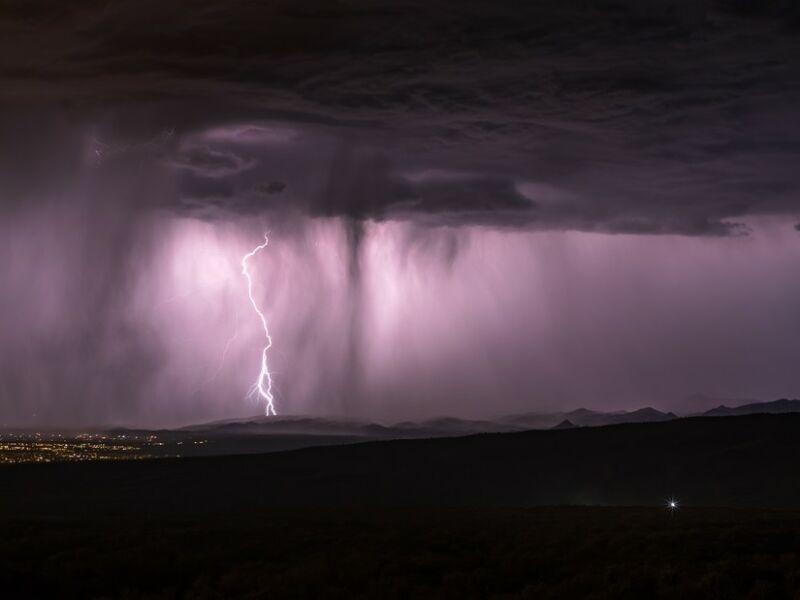
The Impact of Water Damage on HVAC Systems
Water damage can have severe consequences on HVAC (Heating, Ventilation, and Air Conditioning) systems. Whether it’s caused by flooding, leaks, or excessive moisture, water damage poses significant risks to the functionality and efficiency of HVAC systems. In this article, we will explore the different ways water damage can affect HVAC systems and discuss preventive measures to avoid such damage.
1. Corrosion and Rust

One of the primary concerns with water damage to HVAC systems is the corrosion and rust it can cause. When water infiltrates the system, it comes into contact with metal components, such as ductwork, coils, and electrical connections. Over time, this exposure leads to corrosion and rust, compromising the structural integrity of the system and reducing its lifespan.
2. Mold and Mildew Growth
Water damage creates an ideal environment for mold and mildew growth. HVAC systems rely on optimal air circulation, which can be disrupted by the presence of mold or mildew. These microorganisms can thrive in damp conditions, affecting air quality and potentially causing health issues for occupants. Additionally, mold and mildew can clog filters and ducts, reducing the system’s efficiency.
3. Electrical Issues
Water and electricity do not mix well. When water infiltrates HVAC systems, it can come into contact with electrical components, leading to short circuits, malfunctions, and potential electrical fires. Electrical issues caused by water damage can be hazardous and require immediate attention from professionals to ensure the safety of the system and its users.

4. Reduced Efficiency
Water damage affects the overall efficiency of HVAC systems. When components are corroded, clogged with mold, or damaged by water, the system has to work harder to maintain desired temperatures. This increased workload leads to higher energy consumption, elevated utility bills, and decreased performance. Regular maintenance and prompt water damage remediation are essential to maintain the efficiency of HVAC systems.
5. Costly Repairs and Replacement
The consequences of water damage on HVAC systems can be costly. Repairs and replacements of damaged components, especially if the damage is extensive, can significantly impact the budget. Neglecting water damage can also lead to long-term issues that require major repairs or complete system replacement, resulting in substantial expenses.
Preventing Water Damage to HVAC Systems
To mitigate the impact of water damage on HVAC systems, it’s crucial to implement preventive measures. Here are some recommendations:
1. Regular inspections and maintenance: Schedule regular inspections by HVAC professionals to identify and address potential water damage risks.
2. Adequate drainage: Ensure proper drainage around the HVAC system and address any standing water issues to avoid water infiltration.
3. Leak detection and repair: Promptly address any leaks or plumbing issues to prevent water damage from reaching the HVAC system.
4. Proper insulation: Adequate insulation can help protect HVAC components from moisture and condensation.
5. Humidity control: Maintain optimal humidity levels in the building to prevent excessive moisture that can lead to water damage.
By taking these preventive measures, you can significantly reduce the risk of water damage to your HVAC system and ensure its longevity and optimal performance.
Frequently Asked Questions (FAQs)
1. How does water damage affect HVAC systems?
2. What preventive measures can I take to avoid water damage to my HVAC system?
Important Facts and Statistics about Water Damage and HVAC Systems
– Homes are at risk of flooding, resulting in water damage to HVAC systems.
– Approximately 10% of households waste over 90 gallons of water each day through minor leaks and drips.
– Fixing these drips can represent an average of 10% savings on your water bill.
– Homes in the United States leak over one trillion gallons of water every year.
– Water damage affects around 14,000 people in the U.S., which translates to 1.6% of homes nationwide experiencing water damage in any given year.
By understanding the impact of water damage on HVAC systems and implementing preventive measures, you can protect your HVAC system from damage, ensure optimal performance, and avoid costly repairs or replacements.
For professional water damage restoration services in Las Vegas, contact JGW Group Water Damage Restoration Las Vegas at 725-240-0640, or visit their website for more information: https://jgwgroupwaterdamagerestoration.com/nevada/las-vegas.



